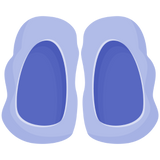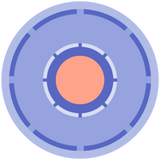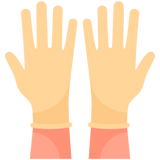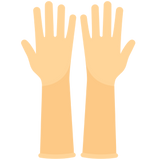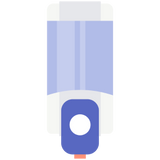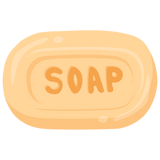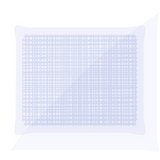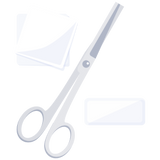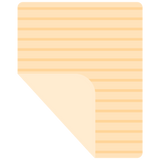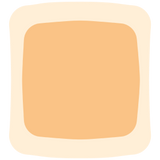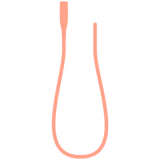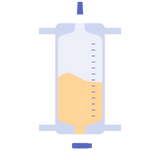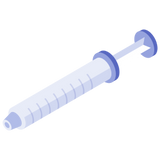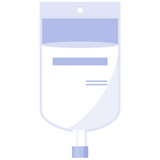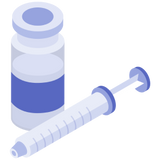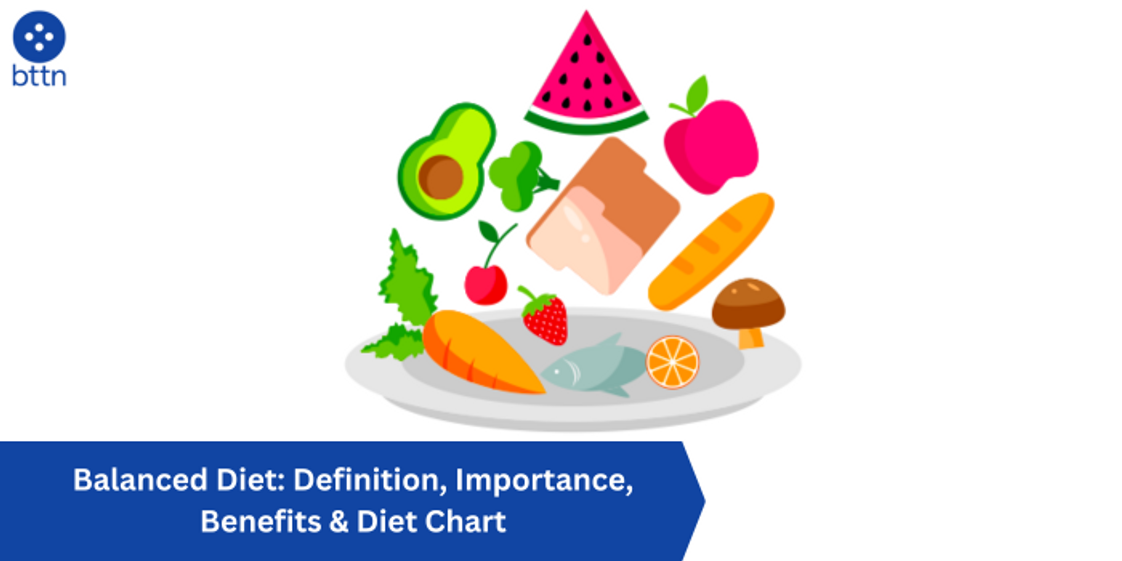
Balanced Diet: Definition, Importance, Benefits & Diet Chart
Posted by Pankaj Dhiman on Mar 1st 2024
In today's fast-paced world, maintaining a healthy lifestyle is more important than ever. One of the key pillars of a healthy lifestyle is ensuring that you're consuming a balanced diet. But what exactly does that mean? Why is it important? And how can you achieve it? Let's dive into the world of balanced diets and find out.
Balanced Diet Definition
A balanced diet refers to consuming a variety of foods in the right proportions to provide the necessary nutrients your body needs for optimal function. This includes carbohydrates, proteins, fats, vitamins, minerals, and water. The goal of a balanced diet is to ensure that your body gets everything it needs to stay healthy and function properly.
Must Read: Protect Yourself from Skin Cancer: Types, Prevention, and Early Detection
What are The Benefits of Eating a Balanced Diet?
Eating a balanced diet offers a plethora of benefits for both your physical and mental well-being. Here are some of the key benefits:
- Weight Management: A balanced diet helps you maintain a healthy weight by providing the right amount of calories and nutrients without overindulging in unhealthy foods.
- Improved Energy Levels: By fueling your body with nutritious foods, you'll experience sustained energy levels throughout the day, reducing fatigue and lethargy.
- Enhanced Mood: Nutrient-rich foods can positively impact your mood and mental health, reducing the risk of depression and anxiety.
- Stronger Immune System: A balanced diet supports a robust immune system, helping your body fight off infections and illnesses more effectively.
- Better Digestive Health: Foods high in fiber, such as fruits, vegetables, and whole grains, promote good digestion and prevent digestive issues like constipation and bloating.
- Reduced Risk of Chronic Diseases: Eating a balanced diet lowers your risk of developing chronic diseases such as heart disease, diabetes, and certain cancers.
- Healthy Aging: A well-balanced diet rich in antioxidants and nutrients can slow down the aging process and promote longevity.
Must Read: 12 Best-Selling Wound Care Products in the US (2024)
7 Essential Components of A Balanced Diet
To achieve a balanced diet, it's essential to include the following food groups in your meals:
- Fruits and Vegetables: Aim to fill half your plate with colorful fruits and vegetables rich in vitamins, minerals, and antioxidants.
- Whole Grains: Choose whole grains like brown rice, quinoa, oats, and whole wheat bread for fiber, vitamins, and minerals.
- Protein: Incorporate lean sources of protein such as poultry, fish, beans, tofu, and nuts to support muscle growth and repair.
- Dairy or Dairy Alternatives: Include dairy products like milk, yogurt, and cheese or opt for dairy alternatives fortified with calcium and vitamin D.
- Healthy Fats: Consume sources of healthy fats such as avocados, nuts, seeds, and olive oil to support heart health and brain function.
- Water: Stay hydrated by drinking plenty of water throughout the day. Limit sugary beverages and opt for water, herbal tea, or infused water instead.
- Limit Added Sugars and Sodium: Minimize the intake of foods high in added sugars and sodium, such as sugary drinks, processed snacks, and fast food.
Must Read: How to Properly Use Wound Care Dressings: A Guide to Optimal Healing
Foods to Avoid For a Healthy Balanced Diet
While it's important to focus on incorporating nutritious foods into your diet, it's also crucial to limit or avoid certain unhealthy foods, including:
- Processed Foods: These are often high in unhealthy fats, sugars, and sodium and low in essential nutrients.
- Sugary Drinks: Beverages like soda, fruit juices, and energy drinks are loaded with added sugars and provide little to no nutritional value.
- Trans Fats: Found in fried foods, baked goods, and margarine, trans fats raise bad cholesterol levels and increase the risk of heart disease.
- Excessive Alcohol: While moderate alcohol consumption may have some health benefits, excessive drinking can lead to various health problems, including liver disease and obesity.
Must Read: Bttn - Your No.1 Medical Supplier in the USA | Quality Medical Supplies
7 Days Balanced Diet Chart
Here's a sample 7-day balanced diet chart to help you plan your meals:
Day 1:
- Breakfast: Oatmeal with berries and almonds
- Lunch: Grilled chicken salad with mixed greens and vinaigrette dressing
- Dinner: Baked salmon with quinoa and roasted vegetables
Day 2:
- Breakfast: Greek yogurt with honey and sliced bananas
- Lunch: Whole grain wrap with turkey, avocado, spinach, and tomatoes
- Dinner: Stir-fried tofu with brown rice and steamed broccoli
Day 3:
- Breakfast: Whole grain toast with mashed avocado and poached eggs
- Lunch: Lentil soup with a side of mixed green salad
- Dinner: Baked cod with sweet potato mash and steamed asparagus
Day 4:
- Breakfast: Smoothie made with spinach, banana, almond milk, and protein powder
- Lunch: Quinoa salad with chickpeas, cucumbers, tomatoes, and feta cheese
- Dinner: Grilled shrimp skewers with quinoa pilaf and roasted Brussels sprouts
Day 5:
- Breakfast: Whole grain pancakes with Greek yogurt and fresh berries
- Lunch: Turkey and vegetable stir-fry with brown rice
- Dinner: Stuffed bell peppers with lean ground beef, quinoa, and vegetables
Day 6:
- Breakfast: Overnight oats with almond milk, chia seeds, and sliced peaches
- Lunch: Grilled vegetable and hummus wrap with a side of carrot sticks
- Dinner: Baked chicken breast with sweet potato fries and steamed green beans
Day 7:
- Breakfast: Whole grain waffles with peanut butter and sliced strawberries
- Lunch: Black bean and corn salad with avocado and lime dressing
- Dinner: Veggie-packed spaghetti with marinara sauce and a side salad
Must Read: Buy Disinfectant Wipes Online at Best Prices In USA
Importance of A Balanced Diet
In conclusion, a balanced diet is vital for maintaining overall health and well-being. By incorporating a variety of nutrient-rich foods into your meals and avoiding unhealthy choices, you can reap the numerous benefits of a balanced diet, including weight management, improved energy levels, better mood, and reduced risk of chronic diseases. Remember to prioritize whole, unprocessed foods and stay hydrated to support your body's needs. With a little planning and dedication, you can achieve a balanced diet and enjoy a healthier, happier life.
Conclusion
In conclusion, prioritizing a balanced diet is not just about following a set of rules but rather adopting a lifestyle that nourishes your body from the inside out. By understanding the definition, importance, and benefits of a balanced diet, you can make informed choices about the foods you consume and their impact on your overall health.
Remember, achieving a balanced diet is not about perfection but rather about making consistent, sustainable changes to your eating habits. Start by incorporating more fruits, vegetables, whole grains, lean proteins, and healthy fats into your meals while reducing your intake of processed foods, sugary snacks, and unhealthy fats.
Additionally, staying hydrated with water and limiting your consumption of sugary drinks and alcohol can further support your health goals. With dedication and commitment, you can gradually transition to a balanced diet that leaves you feeling energized, satisfied, and ready to tackle whatever life throws your way.
So, take charge of your health today by embracing the principles of a balanced diet. Your body will thank you for it, and you'll enjoy a happier, healthier life for years to come.






